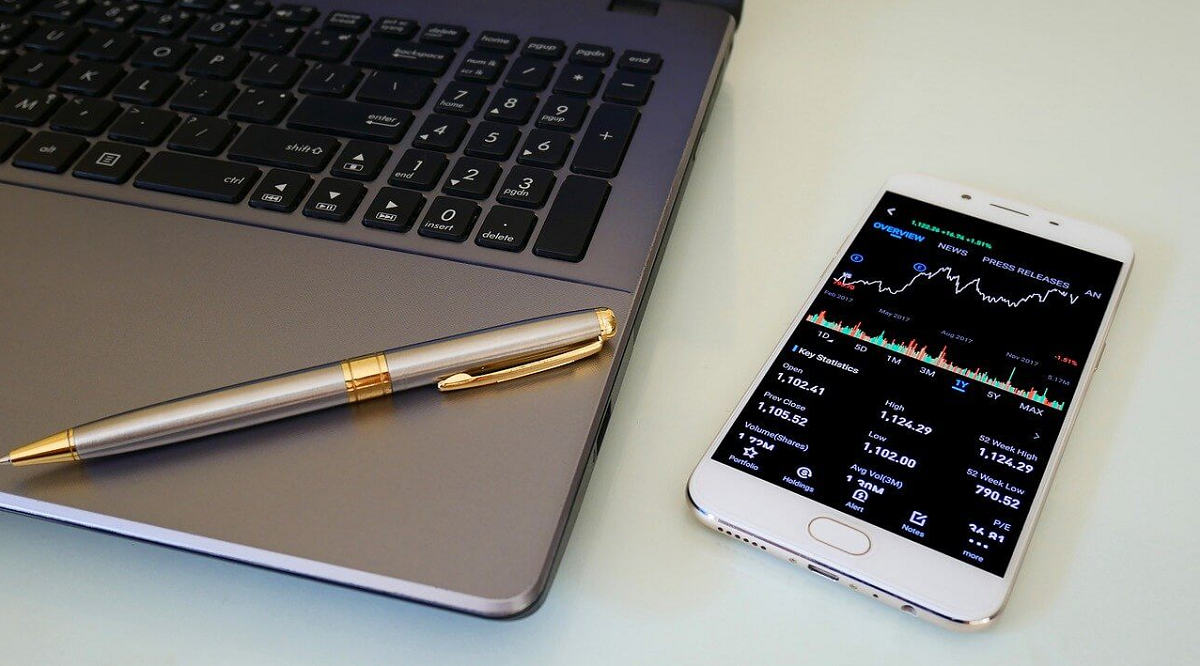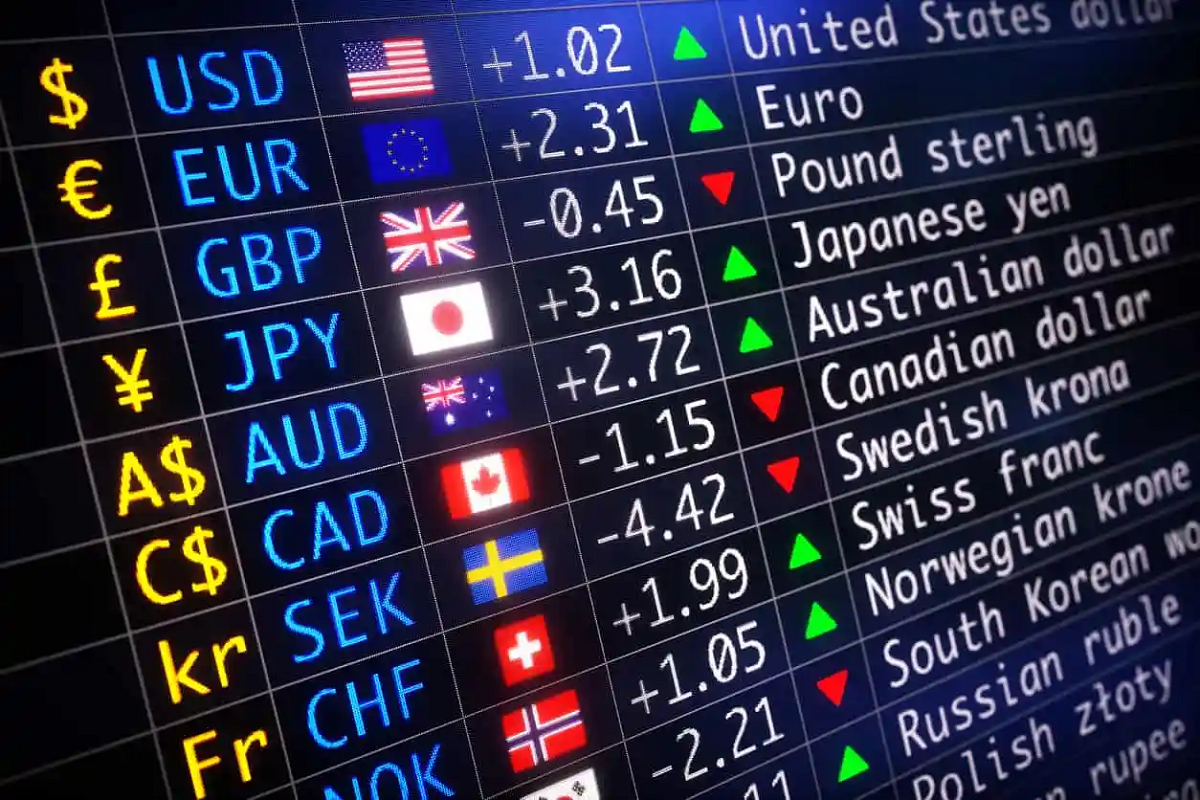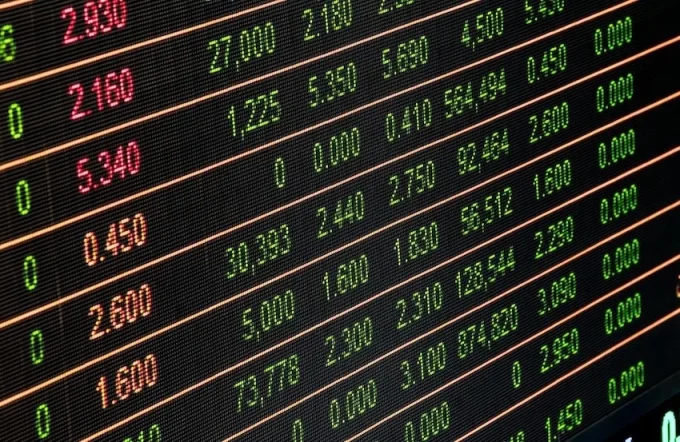Online Forex Trading has become very popular in Kenya recent times. This is due to availability of online platforms through which retail traders can access the markets via their smartphones at very low costs. There are over 100,000 active forex traders in Kenya. The popularity of forex trading has also made it prone to fràud and scams from all forms of criminàls marauding on the internet.
Today, there are as many scams on different online platforms promising traders unbelievable returns on their trade as there are legit forex brokers. A newbie forex trader could easily fall for such scams. This post serves as a guide to those intending to start forex trading.
#1. Ensure Your Broker Is Regulated by CMA
The most important factor a prospective trader should check out for is whether the broker is regulated in Kenya. The Capital Markets Authority (CMA) is the government agency responsible for licensing and regulating forex brokers in Kenya. Currently, there are six non-dealing licensed forex brokers in Kenya.
Some of the regulated brokers are FXPesa, HotForex, Scope Markets, Pepperstone, Exinity and Windsor Markets. The CMA advises traders and investors to only trade with these regulated brokers. It warns that trading with an unregulated broker is risky and unsafe. The dangers involved in trading with unlicensed brokers include fràud, stèaling your private data and in the worst case, running away with your money.
#2. Watch Out For Excessive Trading Costs
When trying to determine whether a broker is safe to trade with in Kenya, you should look at the trading cost such as fees, spreads and commission. Forex brokers do charge fees for allowing traders access the market. By summing up these fees, one can easily calculate the trading cost. Trading costs vary across different brokers hence the importance of calculating it before investing.
Forex brokers usually charge fees across three mediums namely: spread, commission and overnight swap fee. Spread is the difference between the sell price and the buy price of a currency pair or a financial asset. A small or tight spread denotes a cheap trade. However, wide spreads mean that trading such an instrument will be expensive on the trader’s part.
But some scam brokers might offer high spread or even high leverage. You should avoid them. The spread can range from 1 pip to 2.2 pips for a major like EURUSD pair. Any broker who offers 4 pips and above spread might be lying to you. Also, those who offer unlimited leverage might be frauds. They should be avoided.
Some brokers might offer tight spread or even zero spread and offer a high commission to cover for the zero spread. A commission is the charge for opening and closing a trade.
The final fee is the overnight swap fee. When you leave a trade open overnight, you’re meant to pay or be paid the difference in interest rate between the base and quote currencies on the new day. Swap fees differ across forex brokers.
When trading forex, it is important you calculate these fees so as not to be scammed by brokers offering very high spreads or charging high commissions.
#3. Carry Out Your Due Diligence
When approached by a broker or an agent of a forex broker, it is important you carry out your own research into the background of the broker.
You should check out its website, regulation status, products and services. Also check reviews about its app on play store to see how it fares and visit their Kenyan office to confirm they are a legal entity operating in Kenya.

A background check is the best way to avoid falling into scams posing as forex brokers. All licensed non-dealing forex brokers with the Kenyan Capital Markets Authority (CMA) have a unique number. This number is usually on the broker’s website. You should check for all these.
For example, HotForex Kenya is regulated by the CMA as a non-dealing online forex broker & has a license no. 155. By verifying this license no. on CMA’s list of licensees, you can check if the broker is actually licensed or not.
A background check is the best way to avoid falling into scams posing as forex brokers.
#4. Open a Demo Account
All forex brokers have a demo account. These demo accounts provide new traders hands-on practical training in a simulated market with virtual money. This initiative provides traders with forex educátion, freedom to try new tactics, strategies and exposure to different currencies.
It has been observed that some brokers do not offer these demo accounts or in some cases when they offer, it lasts only for a short period after which it expires. This is wrong.
Forex trading is complex and risky. Hence only those with sufficient understanding of economics, mathematics, fundamental and technical analysis can thrive. It is not something that can be learnt in a short period.
See Also >> How Kenyans Invest Remittances Received From Abroad
A new trader should open a demo account where he’ll practice trading before going live on the market. It is also important you avoid forex brokers that do not have demo account option on their trading platform.
#5. Promise of Excessive or Too Good To Be True Returns
One of the most common signs of an unsafe broker is always offering eye-catching and mouth-watering returns on little investment. It is most likely a scam. For example, if you see a broker advertising let’s say 40% to 50% return on investment within a short period of time, that broker may be a scam. Forex trading is not a Ponzi or get-rich-quick scheme. This is one of the innovative ways scam forex brokers lure naïve traders into their traps.
The role of a forex broker is not to act on your behalf & place traders. They can only offer brokerage, not advisory services. So, if you see any broker promoting high returns from trading, you should know that it is a scam.
Read >> The Basic Principles Of Technical Analysis In Forex Trading
In fact it is impossible for someone to consistently deliver a specific percentage of return in the forex market due to its volatility. These guarantees are unattainable and all Kenyan traders should avoid people who offer such. It shows a fraud is in the pipeline.
#6. Pressure To Invest
Another way to spot a scammer disguising as a forex broker is the time pressure technique they deploy. Most of these scam forex brokers do deploy a time frame for their purported juicy offer investment. They will try to woo unsuspecting client’s with a limited time to invest. Do not fall for such tricks.
One can start trading at his own pace, time and volition. Also, do not fall for the massive and sophisticated advertorial campaigns being carried out by these scam brokers across numerous social media channels. Most of them usually claim to be agents of reputable forex brokerage firm. Do your due diligence on them before even registering with them.
Forex trading is safe in Kenya only if you trade with a regulated broker, and know how to spot or identify a scam broker.
There are risks associated with forex trading, one major risk being the risk of losing your entire capital. But you can definitely reduce your third-party risk associated with brokers by understanding what a legit forex broker should do and have.


![Led by Chief Justice Martha Koome, the judges tackled key issues forming the appeal. [Photo/ The Africa Report]](https://businesstoday.co.ke/wp-content/uploads/2022/03/RTXFXP8P-scaled-e1636022532810-150x150.jpg)










Leave a comment